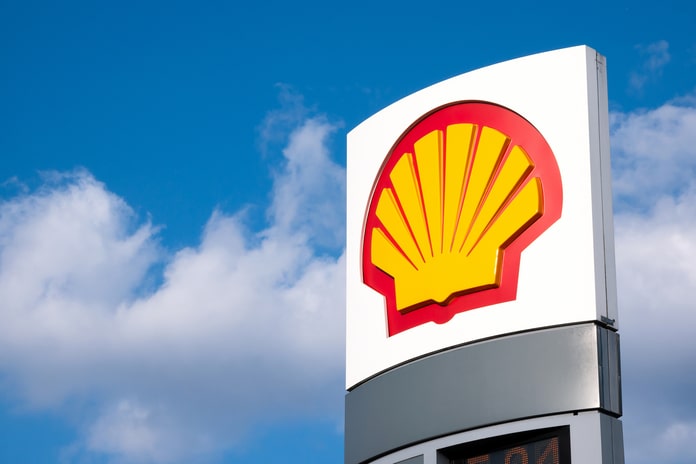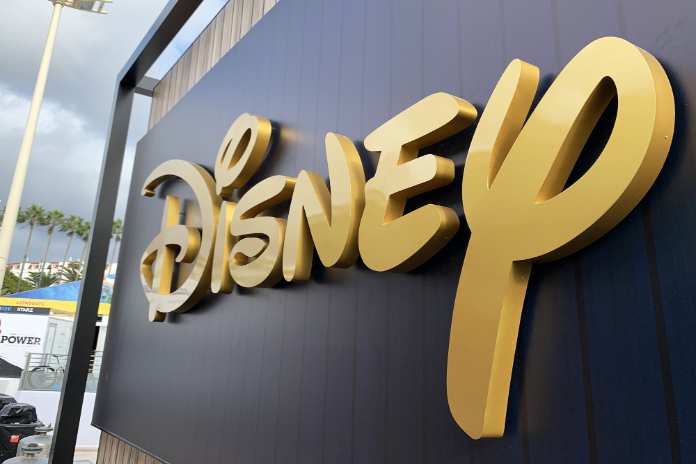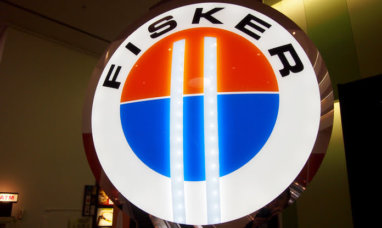Issues at Shell and other LNG plants outside of the US cause major energy traders to lose hundreds of millions of dollars as they try to fill a liquefied natural gas (LNG) supply gap caused by several outages that made it hard to fill European storage tanks before the winter heating season.
Unexpected problems at LNG plants in the US, Nigeria, and Australia have caught traders, like BP plc (NYSE:BP) and Shell PLC (NYSE:SHEL), off guard and forced them to pay higher prices for other supplies.
After Russia cut natural gas pipeline supplies to Europe by a lot, the global market was already struggling to meet demand. The loss of LNG cargoes, which can be moved by ship, has caused global prices to rise sharply in recent months.
Industry sources told Reuters that BP (NYSE:BP) had to pay more than $500 million to replace LNG cargoes that were lost when the Freeport LNG plant in Texas shut down unexpectedly in June.
Murray Auchincloss, BP plc (NYSE:BP)‘s Chief Financial Officer, told Reuters that Freeport, the second-largest U.S. LNG export plant, gives BP plc (NYSE:BP) 4 million tonnes per year out of a total of 18 million tonnes.
Auchincloss said, “Freeport does make a difference in the quarter, and we’ve planned for that for the whole year.” The company took the expected costs out of its profit for the second quarter, but Auchincloss did not say what those costs were.
A BP plc (NYSE:BP) representative didn’t want to say anything about the loss amount.
France’s TotalEnergies SE also said it would buy LNG on the spot market in the third quarter of the year to replace eight shipments of LNG it was supposed to get from Freeport. TotalEnergies SE (NYSE:TTE) didn’t know how much the new shipments would cost.
What It Means for Shell
Shell PLC (NYSE:SHEL) is the biggest LNG trader in the world, with a 20% market share. In the second quarter, it cut the amount of LNG it made by 4%, mostly because of supply losses from the Sakhalin-2 plant in Russia, which it stopped running after Moscow invaded Ukraine in February.
A company spokesperson said that the company is still getting LNG cargoes from Sakhalin-2 as part of long-term deals that are already in place.
But the future of the contracts is unclear because Russia gave foreign investors in the project one month to claim their shares in a new entity that will replace the old one. Ben van Beurden, the CEO of Shell PLC (NYSE:SHEL), said it was “highly unlikely” that Shell PLC (NYSE:SHEL) would join the new group.
Nnenna Amobi, a senior LNG analyst at Refinitiv, says that from January to July, European LNG imports topped a record 100 billion cubic metres (bcm), or 75 million tonnes (Mt), which is almost the same as the level seen for the whole of 2021.
In July, about 35% of all European imports came from the United States, down from 43% in June, mostly because Freeport cargoes were no longer being sent there. Shell says that the global LNG market reached 380 million tonnes in 2021.
Featured Image: Megapixl © Tomeqso2















